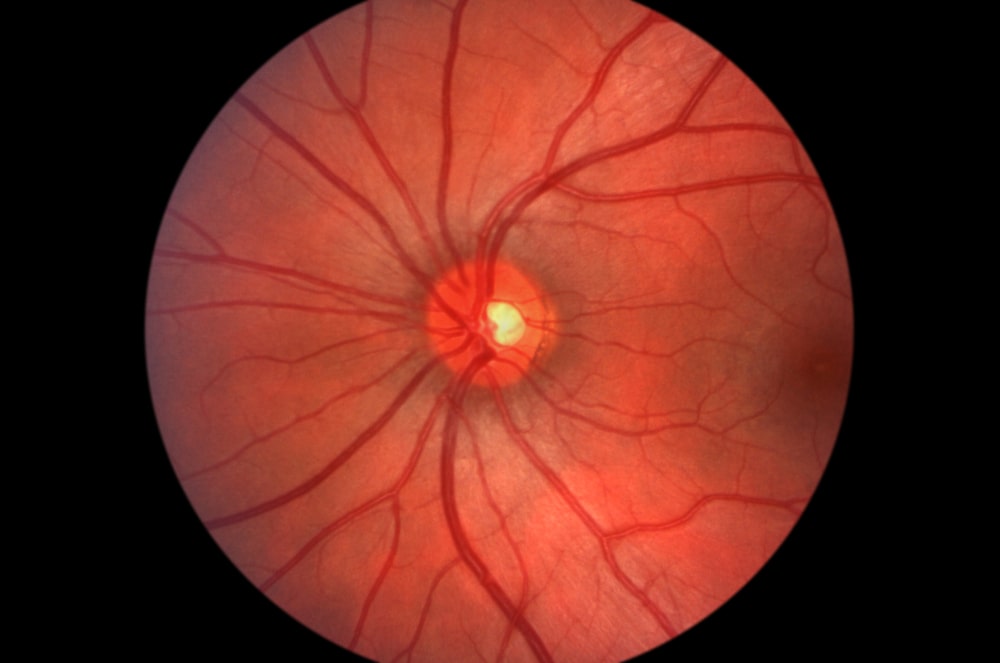The retina, a thin layer of tissue located at the back of the eye, plays a critical role in vision. It captures light and sends visual information to the brain, enabling us to see. As ophthalmologists like our friends at Retina Associates of Orange County can attest, it’s important to be familiar with common retinal disorders before seeking treatment:
Age-Related Macular Degeneration (AMD)
Age-Related Macular Degeneration is one of the most common retinal disorders, particularly among older adults. This condition occurs when the macula, the central part of the retina responsible for detailed vision, deteriorates. AMD is categorized into two types: dry and wet. Dry AMD, the more common form, involves the thinning of the macula, while wet AMD is characterized by the growth of abnormal blood vessels under the retina, which can leak fluids and cause damage.
Diabetic Retinopathy
Diabetic retinopathy is a complication of diabetes caused by damage to the blood vessels of the retina. High blood sugar levels can lead to weakening, leakage, or blockage of these tiny vessels. In its early stages, diabetic retinopathy may cause mild vision problems. However, it can progress to more severe forms, such as proliferative diabetic retinopathy, which can lead to significant vision loss or blindness.
Retinal Detachment
Retinal detachment is a serious and urgent medical condition where the retina pulls away from its normal position. It can cause symptoms such as a sudden increase in floaters, flashes of light, or a shadow over the field of vision. Retinal detachment requires immediate medical attention to prevent permanent vision loss. The treatment typically involves surgery, and the prognosis often depends on the severity and the promptness of the treatment.
Retinal Vein Occlusion
Retinal vein occlusion occurs when one of the small veins that carry blood away from the retina becomes blocked, often due to an underlying health condition like glaucoma, diabetes, or hypertension. This blockage can lead to swelling and bleeding in the retina, resulting in visual disturbances or loss. Treatment focuses on managing the underlying condition and alleviating the effects on the retina.
Macular Hole
A macular hole is a small break in the macula, leading to blurred or distorted central vision. This condition is often related to aging and may occur spontaneously, although factors like eye injuries or retinal detachment can also contribute to its development. Treatment for a macular hole usually involves a surgical procedure called vitrectomy.
Recognizing Symptoms And Seeking Help
Early detection of retinal disorders is crucial for effective treatment and the preservation of vision. Symptoms to watch for include blurred vision, difficulty reading or recognizing faces, distortions in vision (like straight lines appearing wavy), and sudden changes like the appearance of floaters or flashes of light. If you experience any of these symptoms, it’s important to consult with your retina specialist promptly.
Contact An Ophthalmologist Today
Retinal disorders can have a significant impact on your vision and overall quality of life. Remember, ophthalmologists are equipped with the expertise and technology to diagnose and treat a wide range of retinal conditions, so seek treatment as soon as possible.

